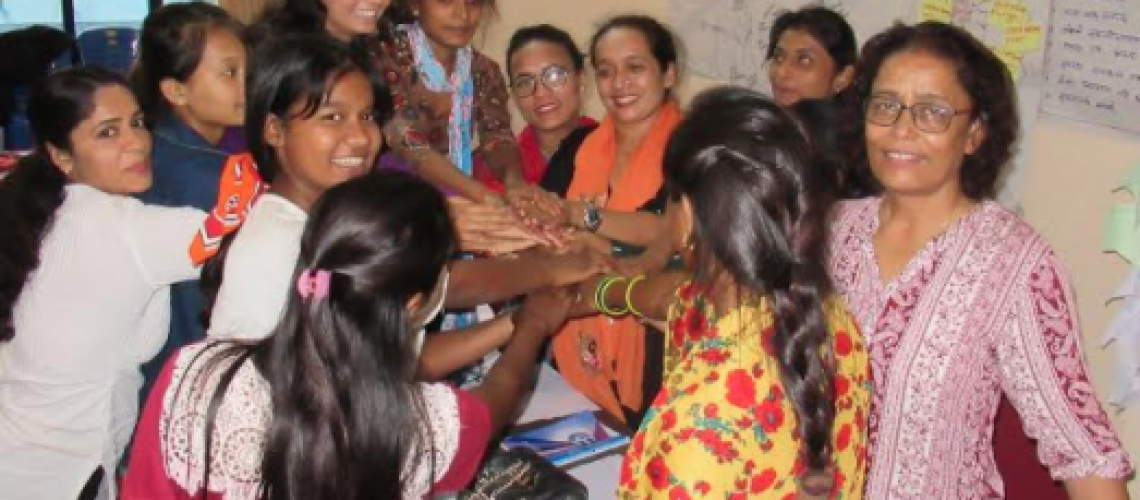
In Nepal, especially in Terai region, girls and women are discriminated against during education in terms of access, permanence, completion, treatment, learning outcomes and career choices, resulting in disadvantages that go beyond schooling and the school environment. Not only this, but also the education system in Nepal is equally discriminated in terms of curriculum, teaching process, extra curricula activities, dress, assignment and encouragement. The presence of gender stereotypes in curricula, textbooks and teaching processes; the violence they face in and out of school; structural and ideological constraints as well as male dominance in certain academic and professional fields are factors that prevent girls and women from claiming and exercising their human right to education on an equal stands.
General Recommendation No. 36 of the UN CEDAW Committee identifies some of these challenges and urges States to enact and implement appropriate laws, policies and procedures to forbid and discourage violence against girls and women in educational institutions and their environments. It also proposes that mandatory curricula with comprehensive information on sexual and reproductive health and rights be drawn up and applied. We consider this Recommendation a very important human rights instrument, which must be used in the fight against patriarchy, for equality and for the rights of girls and women.
Another instrument that applies to this struggle is the Sustainable Development Goals Agenda (SDG), adopted by the UN member states in 2015, which recognizes that “gender equality is inextricably linked to the right to education” and establishes a commitment to ensure inclusive and quality education for all, and to eliminate all forms of discrimination against women and girls by 2030.
The follow-up to these transformations confronts cultural barriers, governments’ lack of will and the advance of conservative and religious fundamentalist tendencies, which invoke the existence of the false concept of “gender ideology” to promote mobilizations, judicial actions and campaigns of disinformation, among other strategies, against the realization of a secular and rights-based education, which includes addressing gender equality, sexual diversity, the right to gender identity and comprehensive sexuality education in schools. It is a nationwide trend that includes all Seven provinces of Nepal, villages and Cities.